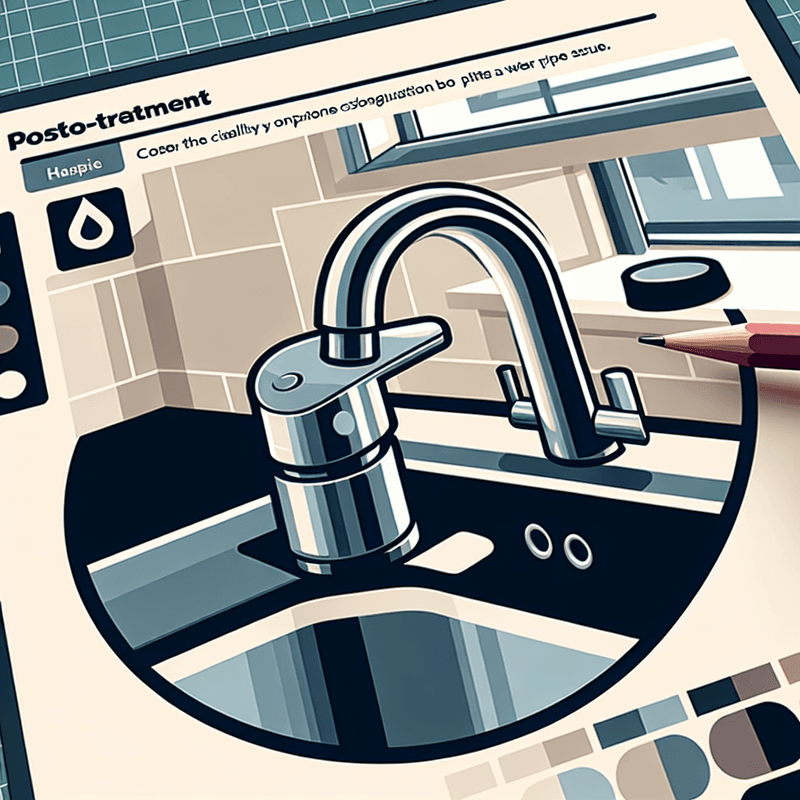Have you ever woken up or come home late to find that your kitchen or bathroom drain is suddenly overflowing? This troubling situation can arise unexpectedly, often leaving residents feeling frustrated and at a loss for what to do. Drainage issues that lead to flooding are not just inconvenient but can cause significant damage to property if not addressed promptly and efficiently.
The unexpected scenario of overnight drain flooding is primarily caused by a blocked or severely restricted drainage system. This blockage can result from accumulated grease, food waste, toiletries, and other foreign materials that shouldn’t be disposed of down the drain. Overnight, as little to no water is typically being used, the blocked content starts backing up, leading to flooding by the time it is noticed.
Understanding the Root Causes
1. Common Causes of Drain Blockages
The most frequent culprits behind blocked drains include:
- Cooking fats and oils solidifying in pipes
- Hair, soap scum, and grime buildup in bathroom drains
- Sanitary products, nappies, or excessive toilet paper flushed down toilets
- Foreign objects like food waste, small toys, or other household items accidentally dropped down the drain
2. Structural Issues
Sometimes, the issues go beyond simple blockages. Clay and older metal pipes might break or corrode over time, leading to structural failures that exacerbate drainage problems.
3. Tree Root Intrusion
In suburban areas with a lot of greenery, tree roots often seek moisture sources and may intrude into pipe joints, cracking them and obstructing the flow, which goes unnoticed until a backup occurs.
Identifying the Signs Early
1. Slow Draining Sinks and Showers
One of the most conspicuous signs that there might be a problem brewing in your drainage system is water draining slower than usual. If you notice this, it is crucial to address the matter before it escalates to flooding.
2. Unusual Noises from the Drains
Any odd gurgling sounds from toilets or drain lines might be air trapped in the pipes by a blockage, which is a clear warning sign.
3. Bad Odours
Persisting musty or sewage-like smells emanating from your drains can indicate decaying organic matter stuck in your pipes.
DIY Tips for Preventing Overnight Flooding
Here’s what you can do immediately to mitigate the risk when you notice early warning signs:
1. Use a Plunger
A simple plunger can often resolve minor blockages in toilets and sinks, working to dislodge whatever is causing the restriction.
2. Boiling Water
Regularly pour boiling water down your drain; this can help to dissolve any build-up of grease or soap that's beginning to form a block.
3. Baking Soda and Vinegar
A natural alternative to chemical cleaners, a mixture of baking soda and vinegar can create a reaction that helps clear minor blockages. Pour half a cup of baking soda followed by half a cup of vinegar down the drain, let it sit for an hour, then flush with hot water.
Knowing When to Call a Professional
Despite the best preventive measures, some situations require professional intervention. Here’s when you should consider calling a 24-hour drainage service:
- Continuous backup of water despite clearing visible blockages
- Persistent bad odours or strange sounds after trying DIY methods
- Flooding that reoccurs or is extensive enough to potentially damage property
Long-term Prevention Strategies
1. Regular Maintenance
Schedule regular inspections and cleanings of your drains by professionals to prevent the accumulation of blockage-causing agents.
2. Be Mindful of What Goes Down Your Drain
Educate everyone in your household about what should and shouldn’t go down the drain. Installing drain strainers can also catch debris that may otherwise lead to clogs.
3. Replace Older Piping
If your home has old clay or metal pipes, consider having them inspected and, if necessary, replaced with PVC pipes to prevent future problems.
Conclusion
Dealing with an overflowing drain can be a stressful experience, particularly when it catches you by surprise overnight. By understanding what causes these blockages and taking proactive steps to prevent them, you can significantly reduce the risk of drain flooding. Remember, while many minor issues can be handled through DIY methods, don't hesitate to call in professional help for more severe problems to safeguard your home against potential water damage. Keep an eye out for the early signs we discussed, and take action swiftly to ensure your home's plumbing remains in optimal condition.





